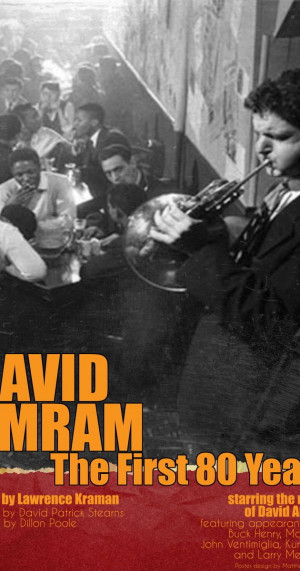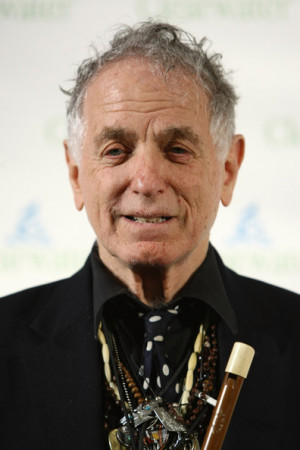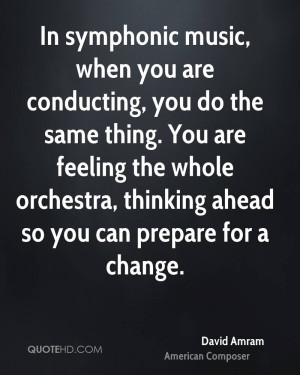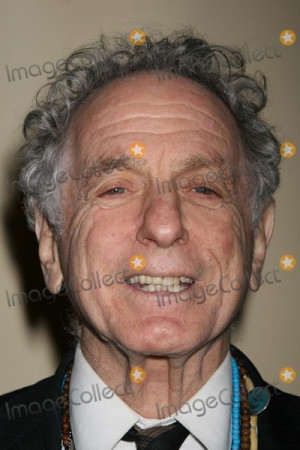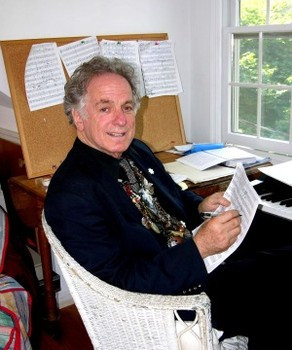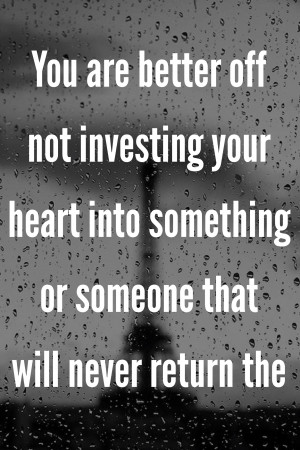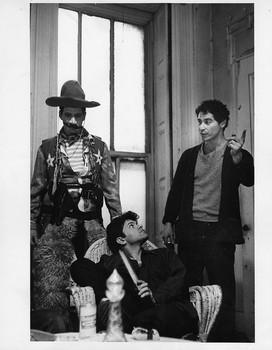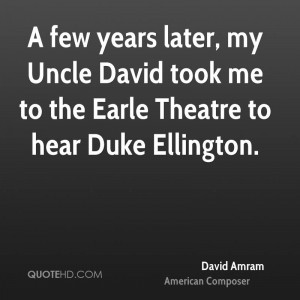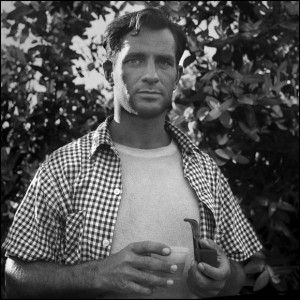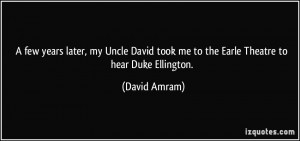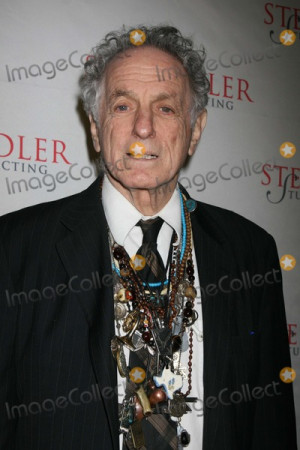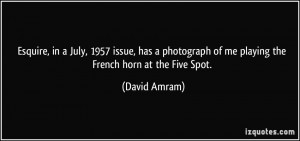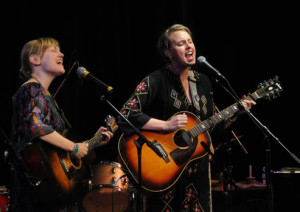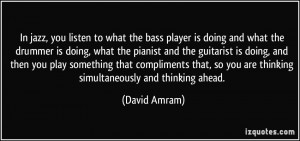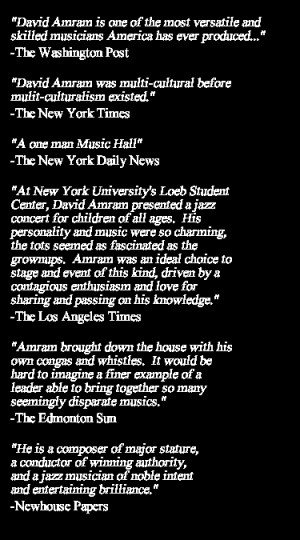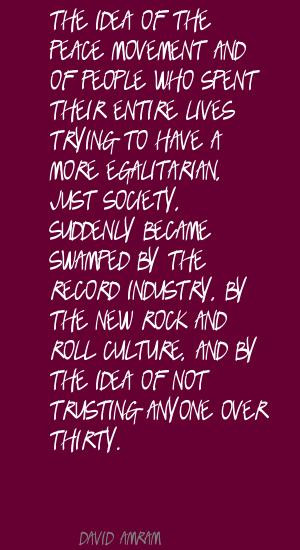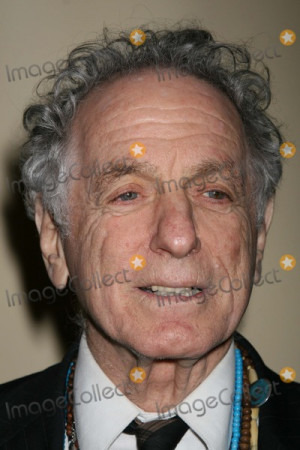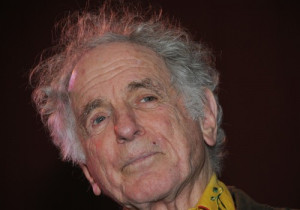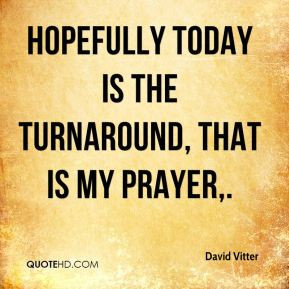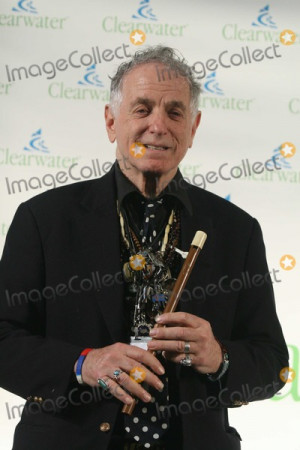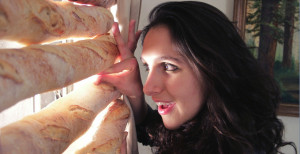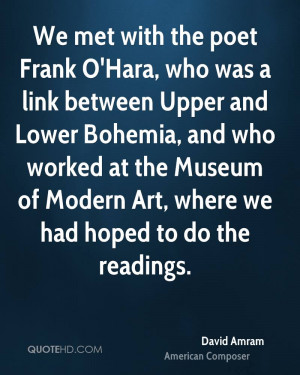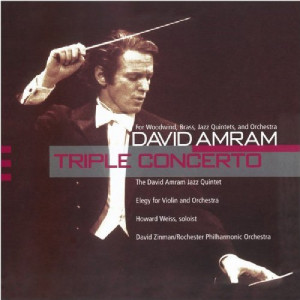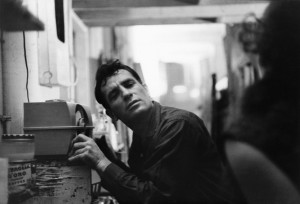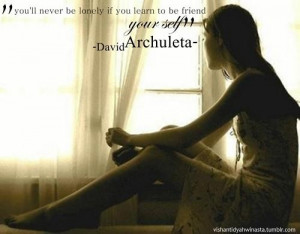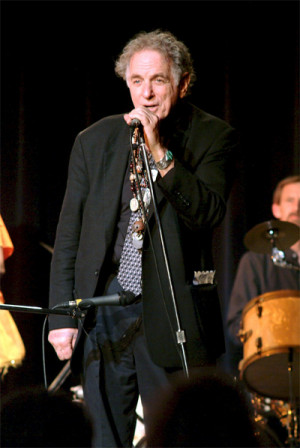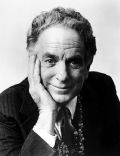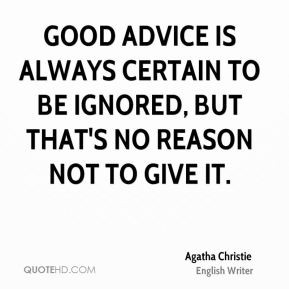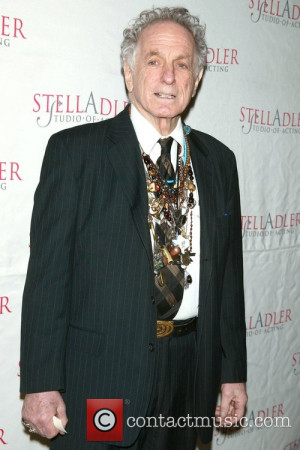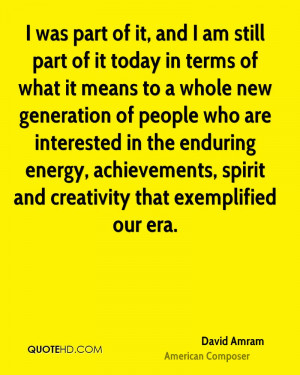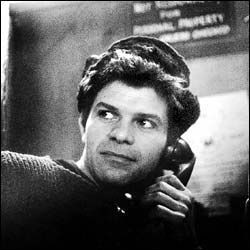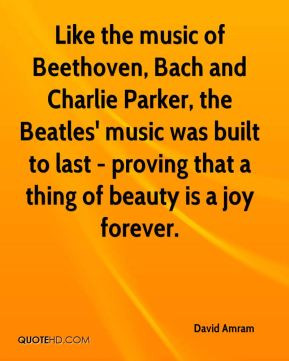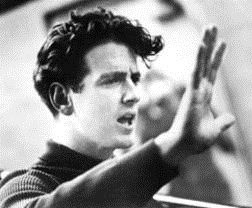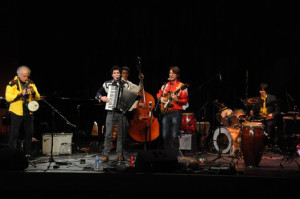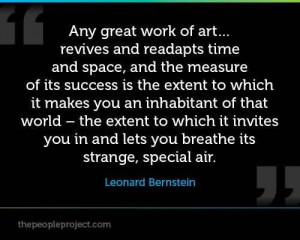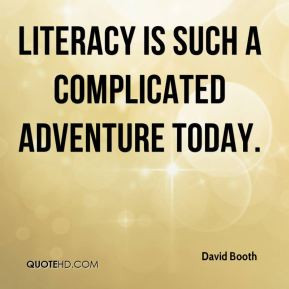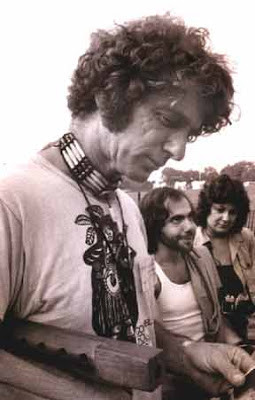David Amram — American Composer born on November 17, 1930,
David Amram is an American composer, conductor, multi-instrumentalist, and author. As a classical composer and performer, his integration of jazz, folkloric and world music has led him to work with the likes of Dizzy Gillespie, Lionel Hampton, Willie Nelson, Langston Hughes, Charles Mingus, Pepper Adams, Leonard Bernstein, Sir James Galway, Tito Puente, Mary Lou Williams, Joseph Papp, Arthur Miller, Arturo Sandoval, Stan Getz, Pete Seeger, Elia Kazan, Christopher Plummer, Henry Kissinger, Ingrid Bergman, Odetta, Lord Buckley, Dustin Hoffman, Steve Allen, Machito, Earl "Fatha" Hines, Allen Ginsberg, Nina Simone, Gregory Corso, Bob Dylan, Steve Goodman, Gerry Mulligan, Sonny Rollins, T.S. Monk, Hunter S. Thompson, Johnny Depp, Levon Helm, Betty Carter and Jack Kerouac. In the early 1950s, he was encouraged to pursue his unique path by mentors Charlie Parker, Thelonious Monk, the New York Philharmonic's conductor Dimitri Mitropoulos, Miles Davis, Aaron Copland, Gunther Schuller, and visual artists Jackson Pollock, Joan Mitchell, Willem de Kooning and Franz Kline. Today, as he has for over 50 years, Amram continues to compose music while traveling the world as a conductor, soloist, bandleader, visiting scholar, and narrator in five languages... (wikipedia)

